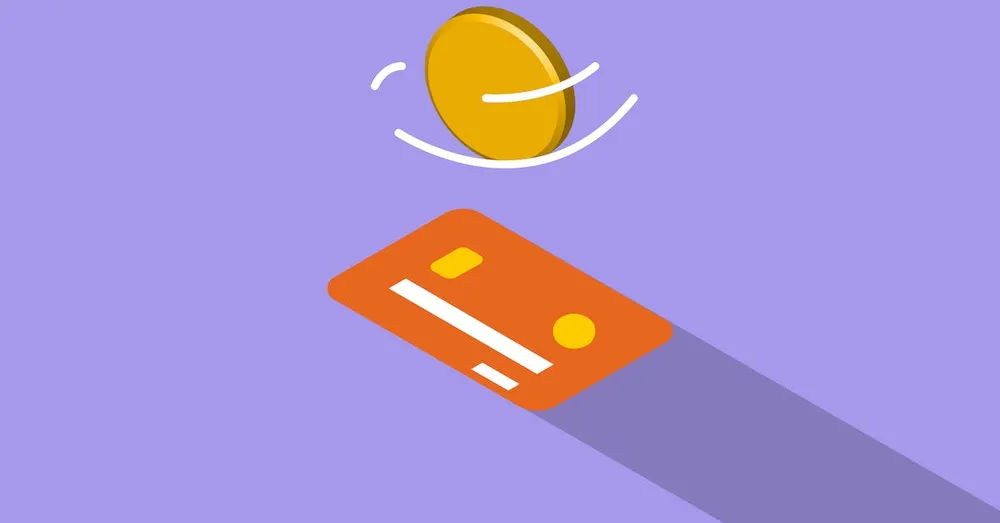
Retiring with student loan debt can feel overwhelming, especially if you're on a fixed income. However, there are several ways to manage this debt and make sure it doesn't become a burden on your retirement. Here are six strategies to consider:
- Prioritize Your Debt Repayment: One of the first things to do when you're retiring with student loan debt is to create a plan to pay it off. This might mean focusing on paying off the loans with the highest interest rates first, or consolidating your loans to get a lower interest rate. Whatever you decide to do, make sure you're putting extra money towards your debt each month so that you can start chipping away at it.
- Look into Income-Driven Repayment Plans: Depending on your income and family size, you may qualify for an income-driven repayment plan. These plans tie your monthly loan payments to a percentage of your income, making it more manageable to repay your loans while living on a fixed income.
- Deferment or Forbearance: If you're struggling to make your loan payments, you may be able to temporarily postpone them through deferment or forbearance. This can be a good option if you're having a hard time making ends meet during your retirement, but keep in mind that interest will continue to accrue on your loans during this time.
- Consider Refinancing: If you have private student loans, consider refinancing to get a lower interest rate. It can be helpful for lower your monthly payment, or to shorten the loan term to become debt-free quicker. You can also consider to refinance your federal loans into private student loans, but this option would eliminate some loan forgiveness or income-driven repayment benefits.
- Apply for loan forgiveness: Depending on the type of loan you have, you may be eligible for loan forgiveness or discharge programs. For example, if you're a teacher or work in certain public service fields, you may be able to have a portion of your loans forgiven after a certain number of years. You should check with your loan servicer to see if you qualify for loan forgiveness and the terms and conditions to apply.
- Seek Financial Counseling: Retiring with student loan debt can be overwhelming and stressful, so it's important to reach out for help if you need it. There are a number of organizations that offer free or low-cost financial counseling, and they can help you create a plan to pay off your debt and make sure it doesn't become a burden on your retirement.
Retiring with student loan debt can be a difficult and daunting task, but with the right strategy and mindset, you can manage your debt and make sure it doesn't become a burden on your retirement. Remember, you have options for loan repayment and forgiveness, and it is important to reach out for help and counseling if you need it.
Keep in mind, that every situation is different and some of these strategies may not be appropriate for you or might have certain rules, restrictions and qualifications. It’s always a good idea to check with a financial advisor or loan servicer to make sure you understand the details, and what will best suit your needs.
It's important to remember that student loan debt is not like other types of debt. It is not dischargeable in bankruptcy and unlike credit card debt or personal loans, there is not a statue of limitations for collecting the debt. Even though student loan debt may be challenging, it's important to take steps to manage it during your retirement years to ensure it doesn't become a financial burden.
Here are a few additional tips to consider:
- Consider Working Part-Time: Continuing to work even part-time during your retirement can help supplement your income and make it easier to manage your student loan debt. This could be a great option if you're not ready to fully retire or if you're looking for a way to continue earning money while still enjoying your retirement.
- Take Advantage of Tax Benefits: Depending on your income level, you may be able to claim a tax deduction for student loan interest paid. It’s important to check with your tax advisor if you qualify, but this can be a way to save money that can be applied to the debt.
- Look into consolidation: Consolidating your student loans can make your payments more manageable by simplifying the process, lower the interest rate, and lower the monthly payment. It can also make it easier for you to keep track of your loans and ensure that you're making payments on time.
- Stay Informed: Make sure you're aware of any changes to the student loan landscape, such as interest rate changes or new loan forgiveness programs. Keeping informed about new options can help you make the most of your repayment plan and potentially save you money.
In conclusion, retiring with student loan debt can be daunting, but by creating a plan and utilizing all available options, it is possible to manage the debt. Remember to prioritize your debt repayment, consider income-driven repayment plans, and take advantage of loan forgiveness and tax benefits. It may be helpful to seek the advice of a financial counselor or loan servicers to develop a strategy that works best for you. The most important thing is to stay informed and be proactive in addressing your student loan debt.
Комментарии
Отправить комментарий